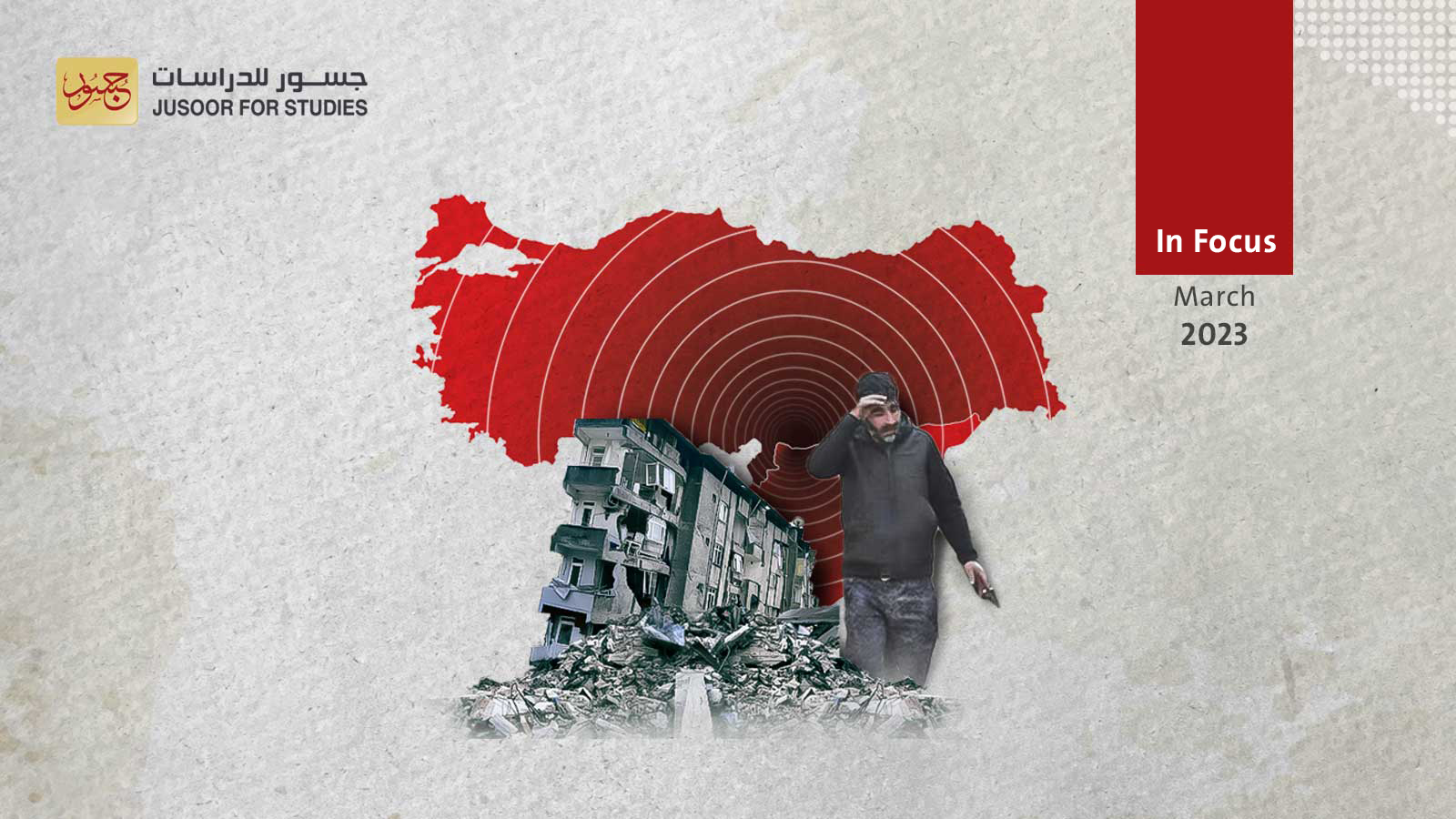Postponing the International donors' conference for the earthquake-affected people in Türkiye and Syria
The organizers of the international donors' conference for those affected by the earthquake in Türkiye and Syria postponed its convening until further notice, after it was scheduled in Brussels on March 16, 2023, a date that was originally brought closer after it was on the 23rd of the same month.
The emergency Brussels conference is completely different from the annual Brussels donors conference dedicated solely to supporting Syria, which is scheduled for June 2023.
The European Commission and the Swedish Presidency of the Council of the EU announced that it will host an international Donors' Conference to support the people in Türkiye and Syria affected by the recent devastating earthquakes as the President of the European Commission, Ursula von der Leyen, and the Prime Minister of Sweden, Ulf Kristersson, on February 8, in coordination with Türkiye, announced to mobilize funds from the international community for this purpose.
It was planned that all member states of the European Union, neighbouring countries, the United Nations, international financial institutions, and other relevant stakeholders were to participate in this conference. This aims at coordinating donor response and gathering resources to support early recovery and relief in earthquake-affected areas within Türkiye and Syria.
It seems that the reason for the postponement is due to technical and political reasons at the same time; as Türkiye wants to send a high-level delegation, which requires high representation on the part of the European Union as well. This, in fact, will enable the President of the European Commission and the Deputy Secretary-General of the United Nations to attend the opening and closing sessions of the conference.
Despite the aforementioned fact, however, there are pressures exerted by some Arab countries in order to include the Syrian regime in the conference, although this was rejected by France and Germany. However, some alternatives were put forward, such as the presence of regime- affiliated non-governmental organizations such as the Syrian Red Crescent or transferring the latter's requests for assistance through intermediary countries, as happened when Russia transferred a similar request from Israel, or allowing Tel Aviv’s delegation in Brussels to attend.
The regime’s presence, directly or indirectly, at the Brussels conference is considered a violation of the position of the European Union defined in 3 No’s, which are: no to normalization, no lifting of sanctions, and no reconstruction until a political solution in line with UN Security Council resolution 2254 is firmly underway. This may explain the position of the organizing party, specifically the European Commission, which promised not to allow the regime to attend in any way.
Nonetheless, there are alternatives to the regime’s non-attendance at the conference that the organizing team can resort to, namely: Inviting civil society organizations and Syrian relief organizations that usually attend the annual Brussels conferences for donors; so that the support provided to those affected by the earthquake in areas outside the regime’s control passes through them. As for other regions inside Syria, the delivery of support will be through the United Nations Office for the Coordination of Humanitarian Affairs (OCHA).








